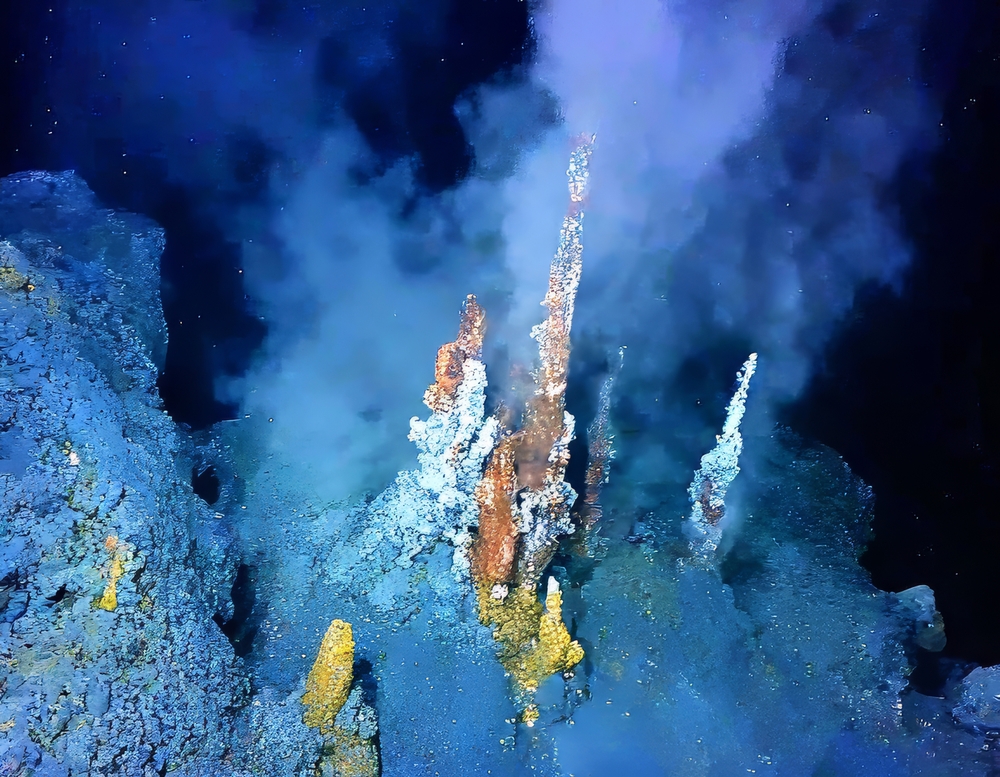Marine life in the deep sea could take decades to recover from the effects of deep-sea mining of rare metals, new research shows.
This study shows that the 1979 North Pacific deep-sea mining test site has lower levels of biodiversity than adjacent unobstructed sites 44 years later.
This study was conducted in 2023 and 2024, 5,000m below the Pacific surface of the Clarion Clipperton Zone. It is roughly halfway between Mexico and Hawaii, and is a vast, flat and deep area on the seabed, known as the “Abyssosal Plains.”
The partners are part of their resilience to submarine mining and experimental impacts (SmartEx), a research project funded by the UK Council on Natural Environment Research.
SmartEx was installed to determine the ecological impacts in the Central Pacific Ocean of deep-sea mining of mineral sediments known as nodules containing rare metals such as cobalt, manganese, and nickel.
Quantification of unknown effects of deep sea mining
To quantify the less obvious effects of deep-sea mining, the researchers analyzed how deep-sea organisms are affected by sediment exposure and associated stress.
As part of this, they developed a procedure to measure how mining damages the DNA of deep-sea fish.
Explained: “The study has been a great opportunity to learn more about the development of the study,” said Dr. Mark Hartl, a marine biologist at Heriot-Watt University and a co-author of the study.
“But there are so many unanswered questions. For example, we know that nodules produce oxygen. If we remove them, will they reduce the amount of oxygen in the deep sea and affect the living creatures that live there?”
Long-term effects of mining the seabed
It is estimated that more than 21 billion tonnes of nodule lies on the seabed of the Clarion Clipperton Zone, which is about 25 times the size of the UK, over 6 million square kilometres.
These nodular fields maintain a “highly specialized animal and microbial community,” the researchers say. These include giant single-celled organisms with chalk shells (called “foraminifera”), highly specialized marine cucumbers and fish, and many species that rely on nodules as the only hard surfaces that precipitate.
Researchers studied the seabed area in March 1979 where an experimental 14 metres long deep sea miner was deployed. This was mined using a mechanical rotating submarine rake that had unknown amounts of nodule mined over four days, picked up the nodule and transferred via a conveyor to the crusher.
Scientists conclude that “biological effects in many groups of organisms are persistent,” 40 years after this mining test, but some species are beginning to recover.
The physical signs of the test are also still visible, including nodules from mining vehicles and areas of the seabed where visible track marks were stripped.
Can marine ecosystems be restored?
The International Undersea Authority (ISA) is currently banned under international moratoriums, but develops legal, financial and environmental frameworks to support the full potential commercial exploitation when it arises.
The key question for this decision is whether deep-sea ecosystems can recover from mining obstacles, says the National Center for Oceanography.
He adds that deep sea mining is increasingly considered a potential solution to supply the critical metals needed to advance global technology and drive the transition to a future of net-zero energy.
Researchers concluded that nodal mining is expected to cause “immediate effects” on the surface and habitat of the seabed on the path of the collector’s vehicles. This includes mechanical obstacles such as removal of hard surface spaces for species to live under the seabed and compression of sediments.
Another impact is the creation of sediment plumes, which “can have a significant impact on ecosystems” beyond immediate mining areas, the researchers say.
Source link

